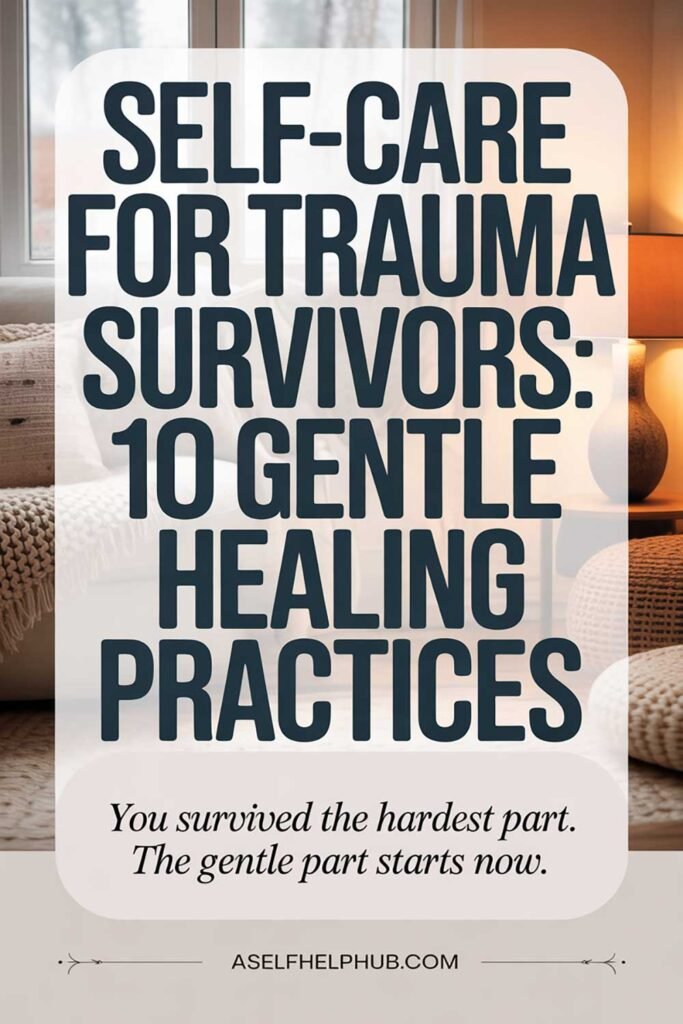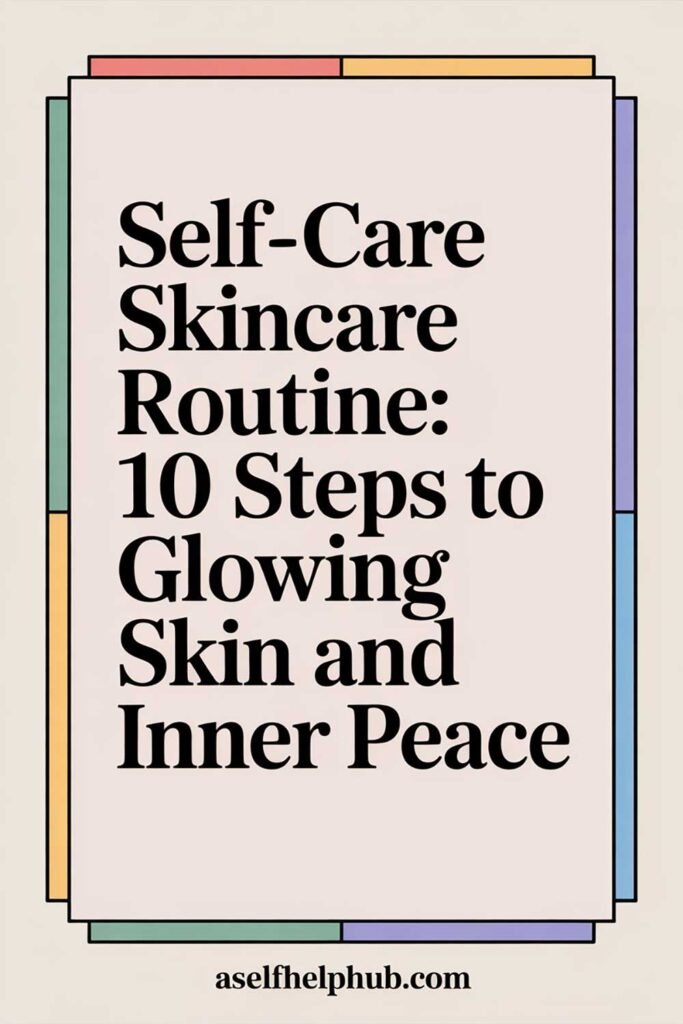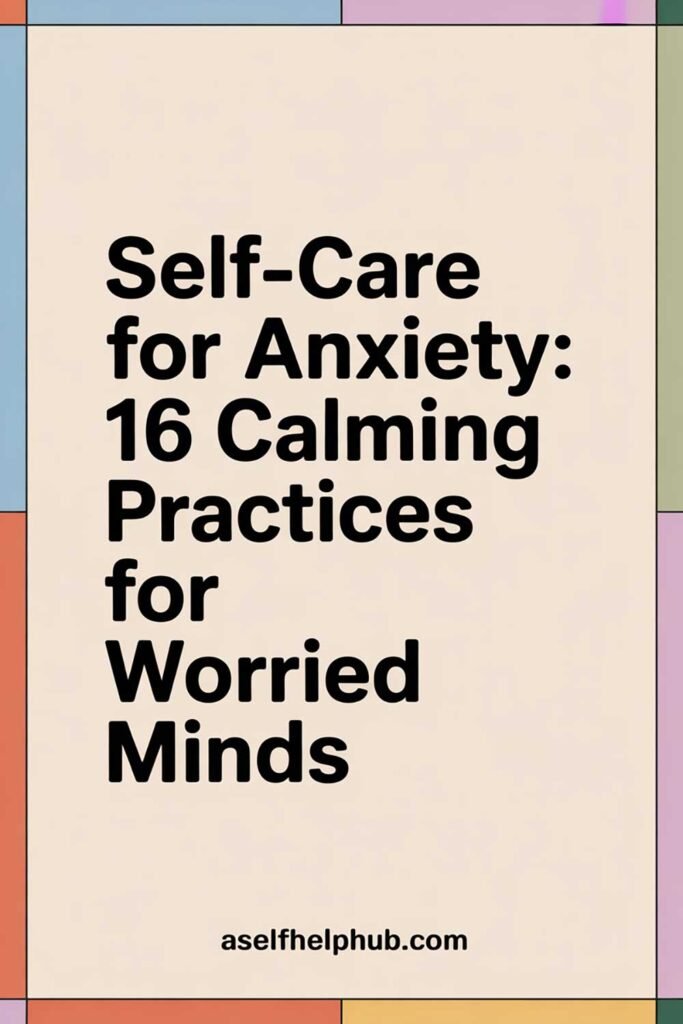How Spending Time in Nature Can Improve Your Mental Health
The Connection Between Nature and Mental Well-Being
In our fast-paced, technology-driven world, stress and anxiety have become commonplace. However, one of the most effective and natural ways to improve mental health is often overlooked—spending time in nature. Research has shown that immersing ourselves in natural environments can significantly reduce stress, improve mood, and enhance overall well-being. Whether it’s a walk in the park, hiking through a forest, or simply sitting by the ocean, nature has a profound impact on our mental health.

The Mental Health Benefits of Being in Nature
1. Reduces Stress and Anxiety
Exposure to green spaces has been proven to lower cortisol levels, the hormone associated with stress.
How to apply this:
- Take daily walks in a park or nature trail.
- Spend time in your backyard or a nearby garden.
- Plan weekend getaways to scenic locations to recharge.
2. Enhances Mood and Combats Depression
Natural environments promote the release of serotonin and dopamine, neurotransmitters that contribute to happiness and emotional stability.
How to apply this:
- Engage in activities like hiking, birdwatching, or nature photography.
- Spend at least 20 minutes outside every day to boost mood.
- Combine nature with exercise, such as jogging or cycling, for maximum benefits.
3. Improves Focus and Reduces Mental Fatigue
Nature’s calming effect helps restore cognitive function, improving attention span and concentration.
How to apply this:
- Take breaks outdoors during work or study sessions.
- Choose outdoor settings for brainstorming or creative thinking.
- Reduce screen time and replace it with outdoor activities.
4. Boosts Creativity and Problem-Solving Skills
Being in natural environments encourages divergent thinking, leading to enhanced creativity and innovation.
How to apply this:
- Seek inspiration from natural landscapes for creative projects.
- Journal or sketch while sitting in a scenic location.
- Use nature as a backdrop for meditation or self-reflection.
5. Strengthens the Immune System
Time in nature, especially in forests, increases exposure to phytoncides—natural compounds released by plants that enhance immune function.
How to apply this:
- Engage in forest bathing (Shinrin-Yoku), a Japanese practice of immersing oneself in nature.
- Walk barefoot on grass or sand to connect with the earth’s natural energy.
- Breathe deeply in wooded areas to absorb beneficial plant compounds.
6. Encourages Mindfulness and Presence
Spending time outdoors helps ground us in the present moment, reducing overthinking and worry.
How to apply this:
- Practice mindful walking by focusing on sights, sounds, and sensations.
- Meditate or practice deep breathing in a quiet natural setting.
- Disconnect from digital distractions and fully engage with your surroundings.
7. Promotes Social Connection and Emotional Well-Being
Nature fosters a sense of community and belonging, whether through group activities or shared experiences in outdoor settings.
How to apply this:
- Plan group hikes, picnics, or outdoor yoga sessions with friends and family.
- Join a local nature club or volunteer for environmental conservation efforts.
- Use nature as a space for meaningful conversations and quality time with loved ones.
Overcoming Barriers to Spending Time in Nature
1. Lack of Time
Many people feel they don’t have time to spend outdoors due to busy schedules.
How to overcome this:
- Integrate nature into daily routines (e.g., walking instead of driving short distances).
- Schedule regular outdoor activities just as you would other important commitments.
- Use outdoor spaces for everyday activities like reading, eating, or exercising.
2. Urban Living and Limited Green Spaces
City dwellers may not have easy access to forests or mountains.
How to overcome this:
- Visit local parks, botanical gardens, or rooftop gardens.
- Bring nature indoors with houseplants, nature sounds, or landscape photography.
- Plan occasional trips to nature-rich destinations for deeper immersion.
3. Seasonal or Weather-Related Challenges
Cold or rainy weather can make outdoor activities less appealing.
How to overcome this:
- Invest in weather-appropriate clothing to enjoy nature year-round.
- Engage in winter-friendly outdoor activities like snowshoeing or ice skating.
- Take advantage of indoor spaces with natural elements, such as greenhouses or indoor gardens.
The Lasting Impact of Nature on Mental Health
Spending time in nature isn’t just a temporary escape—it’s a long-term investment in mental well-being. The more we incorporate nature into our daily lives, the greater the benefits. From reducing stress to enhancing creativity and social connection, nature provides a simple yet profound way to improve mental health.
Inspirational Quotes on Nature and Mental Health
- “Look deep into nature, and then you will understand everything better.” – Albert Einstein
- “The clearest way into the Universe is through a forest wilderness.” – John Muir
- “In every walk with nature, one receives far more than he seeks.” – John Muir
- “Adopt the pace of nature: her secret is patience.” – Ralph Waldo Emerson
- “The earth has music for those who listen.” – William Shakespeare
- “To sit in the shade on a fine day, and look upon verdure, is the most perfect refreshment.” – Jane Austen
- “A walk in nature walks the soul back home.” – Mary Davis
- “Nature does not hurry, yet everything is accomplished.” – Lao Tzu
- “Between every two pines is a doorway to a new world.” – John Muir
- “If you truly love nature, you will find beauty everywhere.” – Vincent Van Gogh
Picture This
Imagine stepping outside into a quiet forest, the scent of pine filling the air, the rustling leaves whispering in the wind. As you walk along the trail, stress fades away, replaced by a sense of calm and clarity. With each breath, you feel lighter, more connected, and completely present in the moment. This is the healing power of nature. How different would your life feel if you embraced more time outdoors?
Please Share This Article
If you found this article helpful, please share it with others who could benefit from the healing effects of nature.






